Myosotis scorpioides (Water ForgetMeNot) is an erect rhizomatous perennial with delicate sprays of sky blue, tiny flowers adorned with yellow centers in early to late summer The sprays (cymes), resemble a coiled scorpion's tail, hence the epithet The flowers rise atop a semievergreen foliage of shiny, oblong, bright green leavesMyosotis scorpiodes is cultivated as an ornamental plant Its nectar and pollen attract pollinating insects, making it a popular choice for butterfly gardens (Plants for a Future 10) Management Regulations (pertaining to the Great Lakes region) There are no known regulations for this speciesNahrungsquelle für Bienen, Hummeln und andere Insekten;

Myosotis Scorpioides Amazing Flowers Love Flowers Flower Aesthetic
Myosotis scorpioides alba
Myosotis scorpioides alba-They are oblongelliptic or oblongoblanceolate in shape, smooth along their margins, and sessileSchau dir unsere Auswahl an myosotis scorpioides an, um die tollsten einzigartigen oder spezialgefertigten handgemachten Stücke aus unseren Shops für farbe zu finden




Water Forget Me Not Myosotis Scorpioides Plants Candide Gardening
Genus Myosotis Species Myosotis scorpioides Subspecies M s subsp praecox – M s subsp radicans – M s subsp scorpioides Name Myosotis scorpioides L, Sp Pl 131 (1753) Synonyms Echioides palustris Moench;Myosotis scorpioides 'Semperflorens' Back to Previous Page More Images Common Name forgetmenot Type Herbaceous perennial Family Boraginaceae Zone 5 to 9 Height 050 to 075 feet Spread 075 to 100 feet Bloom Time June to August Bloom Description Light sky blue with yellow center Sun Full sun to part shade Water Medium to wet Maintenance Low SuggestedFinden Sie perfekte StockFotos zum Thema Myosotis Scorpioides sowie redaktionelle Newsbilder von Getty Images Wählen Sie aus erstklassigen Inhalten zum Thema Myosotis Scorpioides in höchster Qualität
True ForgetMeNot (Myosotis scorpioides) Description This perennial wildflower is 6" tall and either unbranched or branched The central stem is medium green, terete, and hairy The alternate leaves are 13" long and ¼¾" across;Tracheophyta › Magnoliopsida › Boraginaceae › Myosotis › Myosotis scorpioides Ecology A stoloniferous or rhizomatous perennial herb found in damp or wet habitats, usually in fertile, calcareous to mildly acidic soils It is usually terrestrial, occurring by lakes, ponds, rivers and streams, in marshes and in fens, but may sometimes be aquatic, forming submerged patches or Myosotis scorpioides L Index synonymique 1996 = Myosotis scorpioides L SISF/ISFS 2 = Myosotis scorpioides L Welten & Sutter 19 1352 = Taxon stimmt mit akzeptiertem Taxon überein (Checklist 17) Taxon ist im akzeptierten Taxon (Checklist 17) enthalten > Taxon enthält (neben anderen) auch das akzeptierte Taxon (Checklist 17)
Wählen Sie aus Illustrationen zum Thema Myosotis Scorpioides von iStock Finden Sie hochwertige lizenzfreie Vektorgrafiken, die Sie anderswo vergeblich suchen Blütenessenz VERGISSMEINNICHT (Myosotis scorpioides) 9,90 € – 13,30 € Die Blütenessenz VERGISSMEINNICHT ist für klares Denken und Erinnerung und hilft, sich seines geistigen Ursprungs und Fähigkeiten wieder bewusst zuDas SumpfVergissmeinnicht (Myosotis scorpioides) bringt ab Mai bis September blaue Blüten hervor Sie sind in Trauben angeordnet Bienen und Schmetterlinge werden von diesen Blüten wie magisch angezogen Seine mittelgrünen Blätter sind lanzettlich



Water Forget Me Not Myosotis Scorpioides Myosotis Palustris Myosotis Flower Stock Photo Crushpixel



Water Forget Me Not Myosotis Scorpioides Myosotis Palustris Myosotis Flower Stock Photo Crushpixel
PESI counting records This map contains both point and gridbased Myosotis scorpioides aggr Checklist 17 = Taxon stimmt mit akzeptiertem Taxon überein (Checklist 17) Taxon ist im akzeptierten Taxon (Checklist 17) enthalten > Taxon enthält (neben anderen) auch das akzeptierte Taxon (Checklist 17) Kommentare aus der Checklist 17 Gegenüber SISF2 neu definiertes Aggregat Status Indigenat Indigen StatusMyosotis scorpioides ist auch bekannt als Skorpion Gras aufgrund der spiralförmigen Kurve des Blütenstandes auf scorpioid Trugdolden Galerie Ganze Pflanze Blumen Blätter Tafel 487 aus Thomés Flora von Deutschland, Österreich und der Schweiz (15) Verweise Externe Links



Q Tbn And9gcr476ytlkizczctb4o4oymr6nbwzvj6t71a5hq9upqmdvpjegnz Usqp Cau




Myosotis Scorpioides Forget Me Not Rooted In 9cm Basket
Myosotis scorpioides (syn Myosotis palustris), usually known in cultivation as the True ForgetMeNot or Water ForgetMeNot, is a perennial species of flowering plants This gorgeous flower belongs to the Boraginaceae family, sharing it with many other interesting genera including Amsinckia, Borago, Cerinthe, and HeliotropiumMyosotis scorpioides belongs to the Flowering Plants group The distribution map is currently disabled A new map solution will soon become availableMyosotis scorpioides (as syn Myosotis palustris) plate 487 in Otto Wilhelm Thom é Flora von Deutschland, Österreich ud Schweiz, Gera (15) Myosotis scorpioides (as syn Myosotis palustris) plate 230 in A Masclef Atlas des plantes de France Paris (11) Myosotis scorpioides (as syn Myosotis palustris) plate 21 in Wayside and woodland blossoms, 15 Myosotis scorpioides




Myosotis Scorpioides Wikipedia




Forget Me Not Myosotis Scorpioides Photograph By Maria Mosolova Science Photo Library
Das SumpfVergissmeinnicht (Myosotis scorpioides) ist eine kriechende, lockere wintergrüne Staude, die von Mai bis September blaue, in Trauben angeordnete Blüten bildet An einem sonnigen bis halbschattigen Standort mit humosem, nährstoffreichem, feuchtem bis nassem Boden erreicht es gewöhnlich eine Höhe von ca 25 cm und wird ca 25 cm breitMyosotis Species scorpioides Family Boraginaceae Life Cycle Perennial Recommended Propagation Strategy Root Cutting Seed Stem Cutting Country Or Region Of Origin Europe, AsiaTropical and AsiaTemperate Distribution Throughout US;Steckbriefe zu den Gefäßpflanzen Bayerns Myosotis scorpioides L SumpfVergissmeinnicht taxnr 3791 LfUtaxnr 9P0H




Water Forget Me Not Myosotis Scorpioides 12 06 07 Youtube




Myosotis Scorpioides Water Forget Me Not In Gardentags Plant Encyclopedia
Das SumpfVergissmeinnicht (Myosotis scorpioides, häufig auch Myosotis palustris) gehört zur Familie der Raublattgewächse und ist in ganz Europa sowie in Westasien weit verbreitet Eine erste urkundliche Erwähnung fand die Pflanze bereits im Jahr 1542, allerdings unter der Bezeichnung „Vergiss mein nit" Diese sowie die BezeichnungenGenus Myosotis can be annuals, biennials or perennials, with simple leaves and clusters of small, salvershaped blue, yellow or white flowers, with yellow or white eyes, in spring or early summer Details M scorpioides is a erect rhizomatous perennial to 30cm, with oblong leaves and bright blue, white or yelloweyed flowers 8mm across, in cymes in early summerMyosotis Vergissmeinnicht Viele Geschichten ranken sich um die Entstehung des deutschen Namens Sicher ist, dass dieser seit dem 15 Jahrhundert bezeugt ist Der Name geht aus einer alten Tradition hervor die blauen Blüten erinnern gemäß dem Volksglauben an die Augen frisch verliebter Menschen Deshalb sei das Vergissmeinnicht gern als Liebes und Treuebeweis
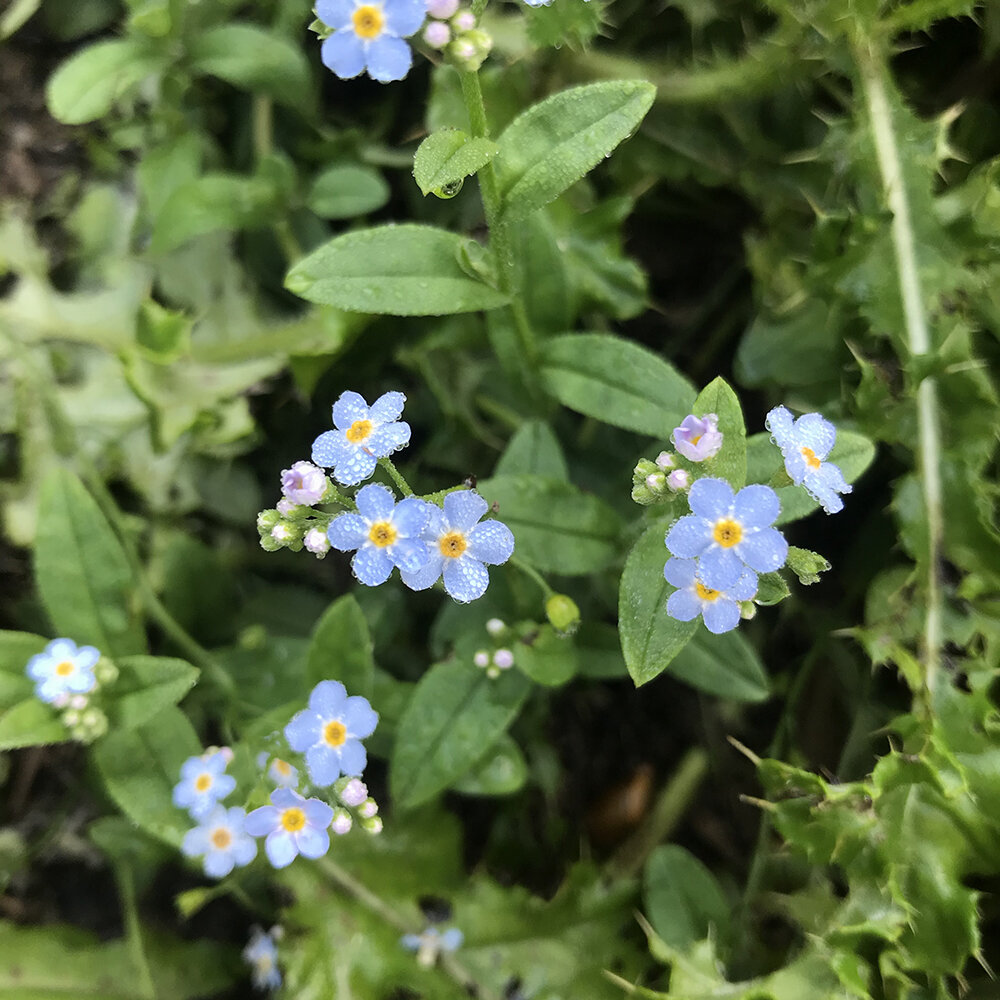



Forget Me Not Myosotis Scorpioides The Root Circle




Water Forget Me Not Myosotis Scorpioides Plants Candide Gardening
Das SumpfVergissmeinnicht (Myosotis palustris, auch Myosotis scorpioides) zählt zur Gattung Vergissmeinnicht und damit zur Familie der Raublattgewächse (Boraginaceae) Sein ursprüngliches Verbreitungsgebiet erstreckt sich von Europa bis WestasienGlobal Biodiversity Information Facility Free and Open Access to Biodiversity DataUnlike garden forgetmenots, which tend to be biennial, water forgetmenot, Myosotis scorpioides, is reliably perennial and gradually expands, without being invasive, into large clumps that benefit from division every few years It has various slightly different forms depending on whether it grows below or above the water line It's an essential ingredient of plantings in natural
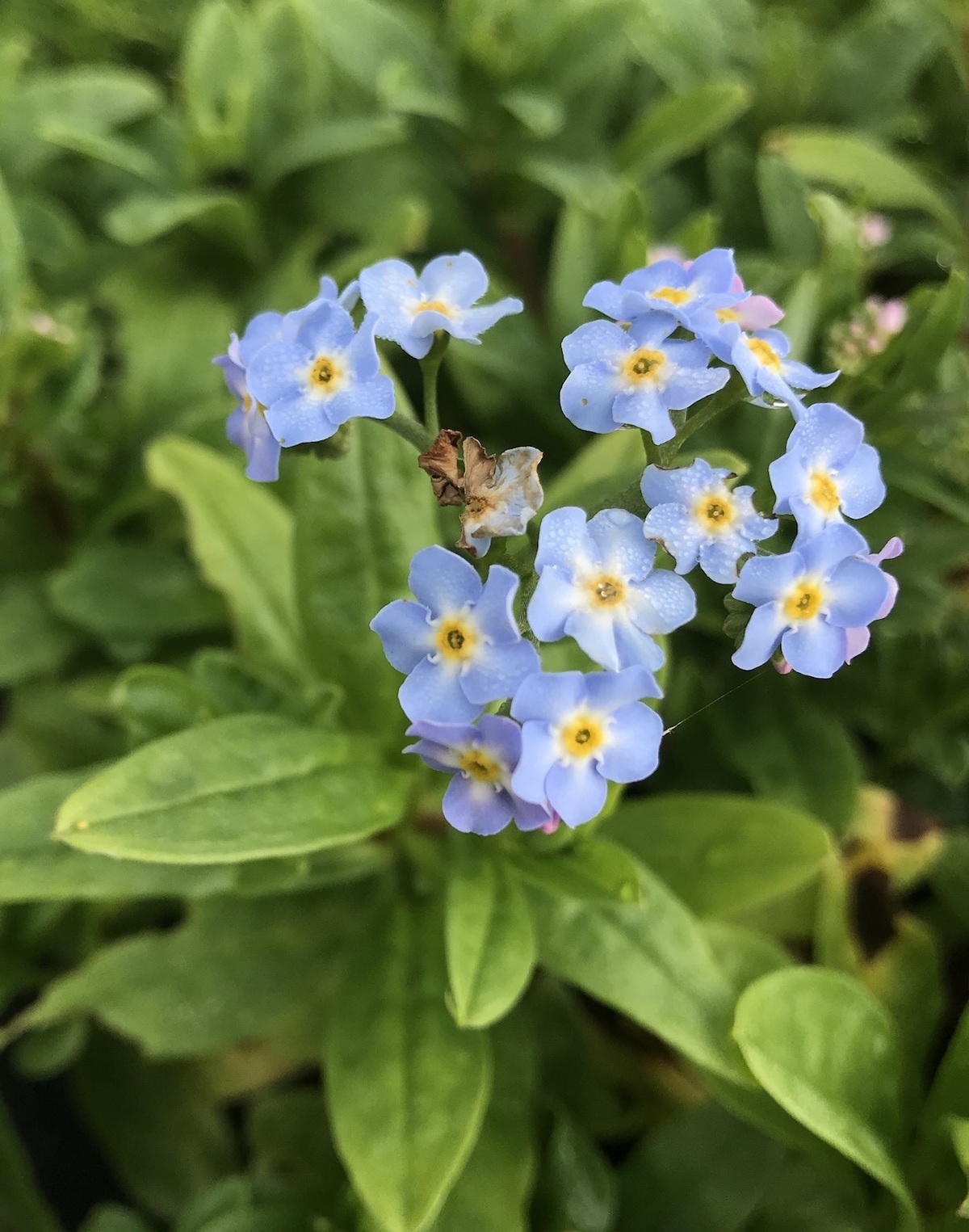



Myosotis Scorpioides Mermaid Beth Chatto S Plants
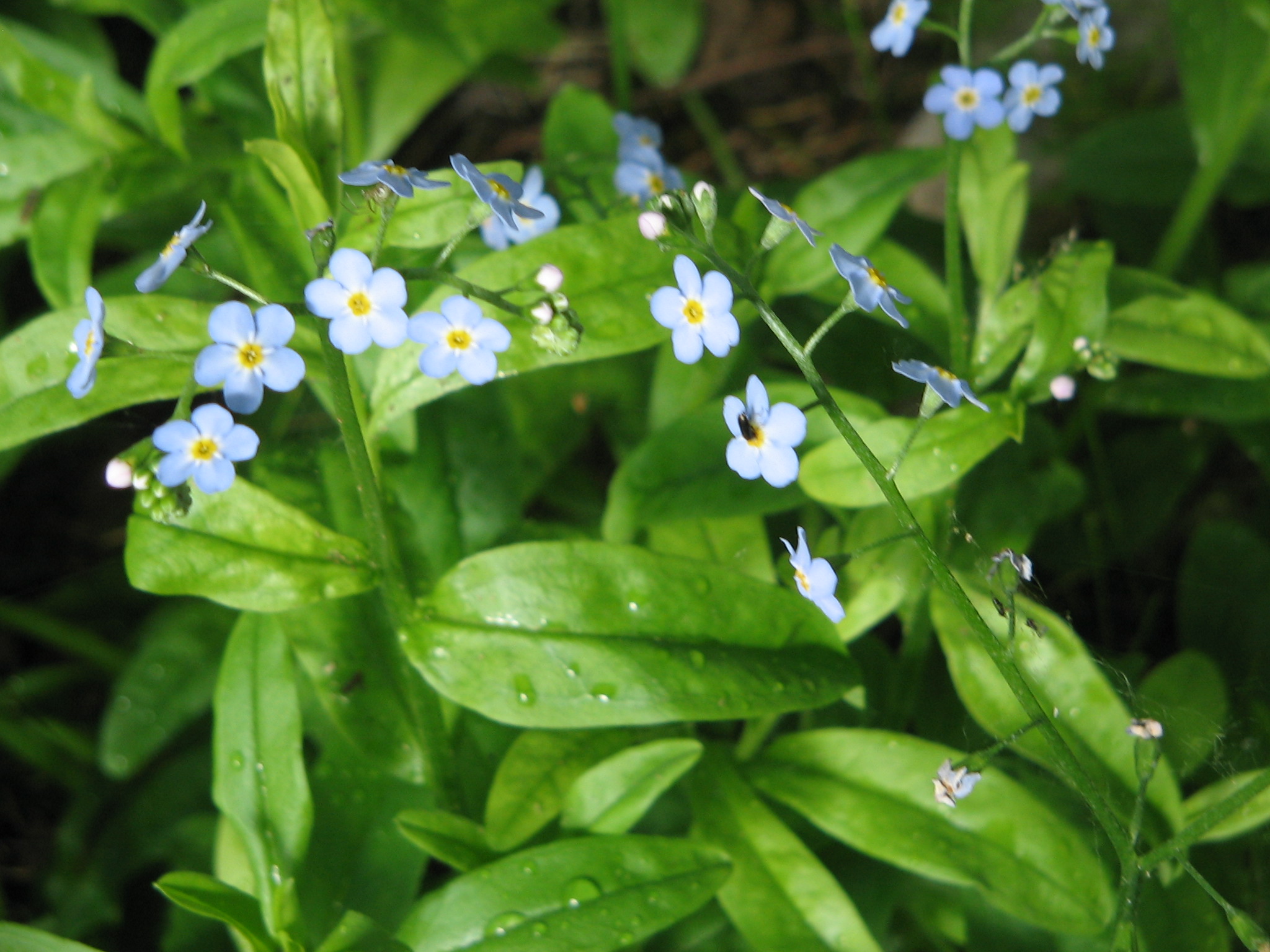



Myosotis Scorpioides Kiefer Nursery Trees Shrubs Perennials
Wächst auch gut in Kübeln oder Töpfen;(Ende April) Krone 4 12 mm Kelch zu 1/3 eingeschnitten, Kechstiel zur Fruchtzeit selten länger als der Kelch, Blätter zur Blütezeit meist rosettig 2 Pflanze höher als 10 cm, keine Rasen bildendPflanze maximal 10 cm groß, bildet niedrige Rasen blüht früher als Myosotis scorpioides!
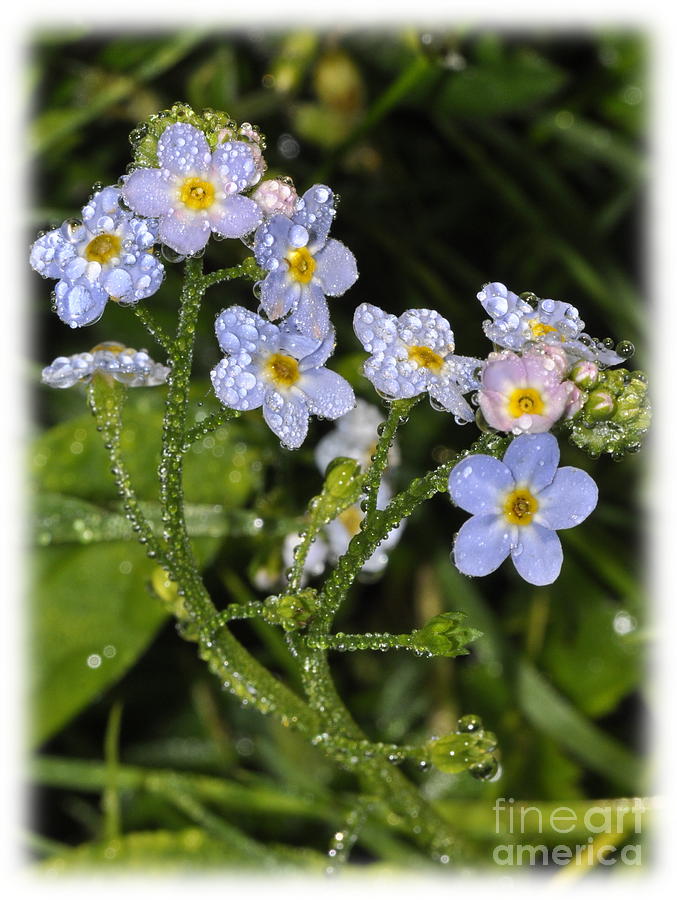



Myosotis Scorpioides With White Border Photograph By Hhelene



Myosotis Scorpioides
Data Partners Online Resources JSON;Myosotis scorpioides linnaeus 1753 Myosotis scorpioides, spec nov 1 Myosotis seminibus nudis foliorum apicibus callosisSuchen Sie in Stockfotos und lizenzfreien Bildern zum Thema Myosotis Scorpioides von iStock Finden Sie hochwertige Fotos, die Sie anderswo vergeblich suchen




Myosotis Scorpioides Hanapapa Flickr




Myosotis Scorpioides Forget Me Not Gateway Garden Center
Eine speziell auf Sumpf und Wasser angepasste Pflanze – das " SumpfVergissmeinnicht" (Myosotis scorpioides / Myosotis palustris) Vorkommen und Verbreitung Bei dem SumpfVergissmeinnicht handelt es sich um eine Sumpfpflanze Sie benötigt daher nasse und nährstoffreiche Wiesen oder Ufersäume Zudem ist die Pflanze auch in BruchwäldernMyosotis scorpioides Taxonomy ID (for references in articles please use NCBItxid) current name Myosotis scorpioides L NCBI BLAST name eudicots Rank species Genetic code Translation table 1 (Standard) Mitochondrial genetic code Translation table 1 (Standard) Plastid genetic code Translation table 11 (Bacterial, Archaeal and Plant Plastid) OtherMedia in category "Myosotis scorpioides" The following 123 files are in this category, out of 123 total Myosotis scorpioides2jpg Myosotis scorpioides3jpg Myosotis scorpioides1jpg Myosotis scorpioides2jpg



Myosotis Scorpioides L Plants Of The World Online Kew Science




Myosotis Scorpioides Wikipedia
Myosotis sylvatica/scorpioides Last post Nov 11, 0002 PROPOSAL to give separate entries for the two species presently included in the LEOentry, a 0 Replies forgetmenot das Vergissmeinnicht wiss Myosotis sylvatica/scorpioides Last post Nov 11, 0007 PROPOSAL to give separate entries for the two species presently included in the LEOentry, a 0 RepliesMyosotis scorpioides, commonly called water forgetmenot or true forgetmenot, is a rhizomatous marginal aquatic perennial that typically grows 610" ( less frequently to 18") tall on decumbent to upright angular stemsMyosotis scorpioides L, Sp Pl 1 131 (1753) BHL POWO Contact us about this record IPNI Life Sciences Identifier (LSID) urnlsidipniorgnames Publication Species Plantarum Collation 1 131 Date of Publication Family as entered in IPNI Boraginaceae Links Same citation as Myosotis scorpioides L, Species Plantarum (1753) Full Record How to cite us;
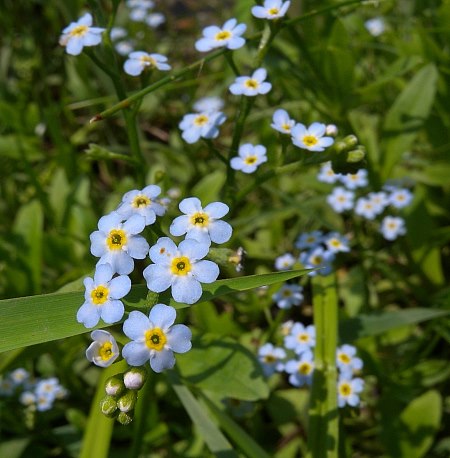



True Forget Me Not Myosotis Scorpioides




Water Forget Me Not Myosotis Scorpioides By Christine Young Jungledragon
Einzigartige Myosotis Scorpioides Handyhüllen Hüllen für iPhone 12, SE, 11, iPhone XS, iPhone X, iPhone 8 und mehr Leicht, robust oder flexibel Von Künstlern designtWhole Plant Traits Plant Type Water Plant Wildflower Woody Plant Leaf Characteristics Broadleaf Evergreen Habit/Form CreepingMyosotis scorpioides L Water Forgetmenot species Accepted Name authority UKSI Establishment means Native Overview;
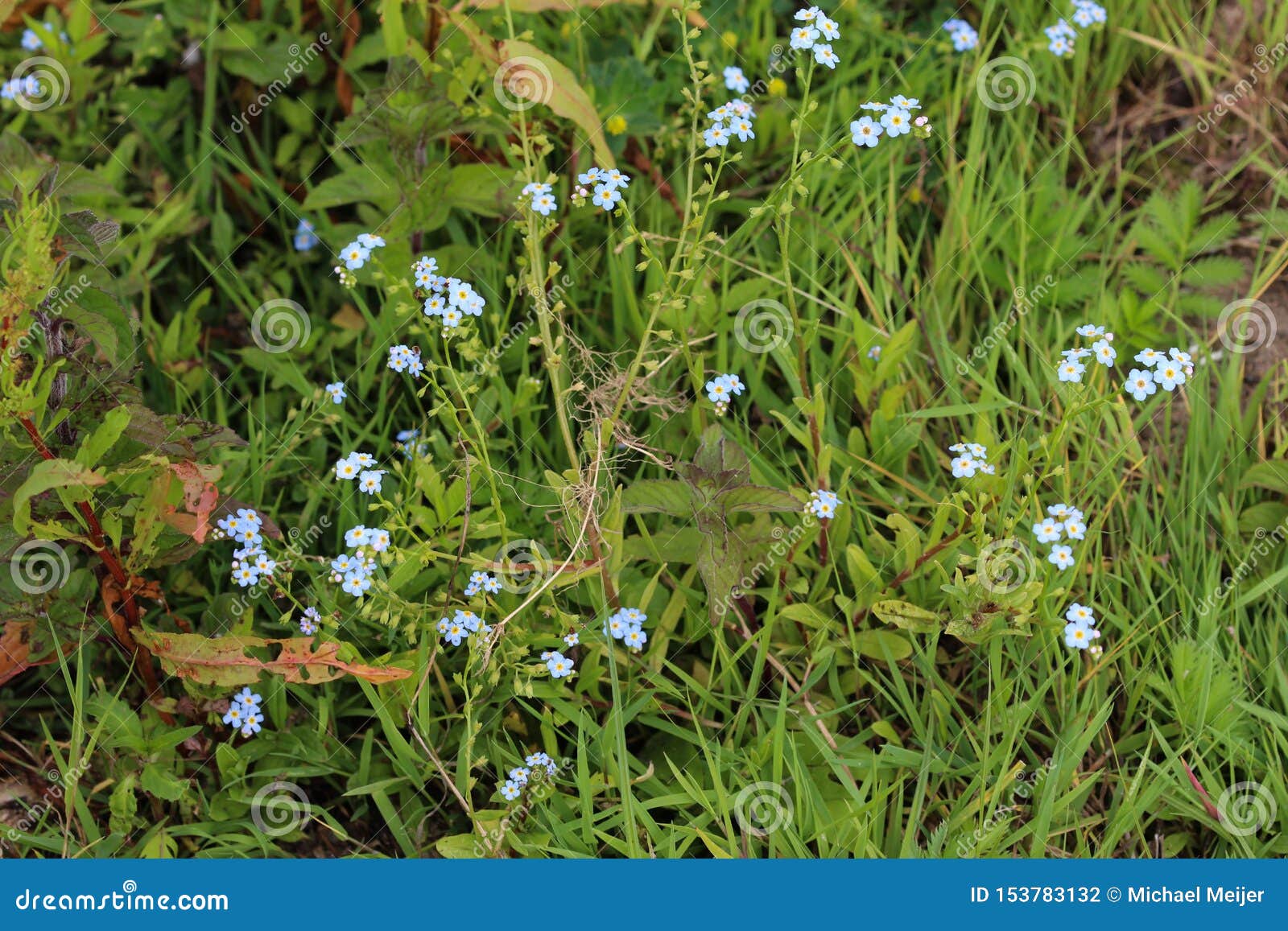



Myosotis Scorpioides The True Forget Me Not Water Forget Me Not Flower Stock Photo Image Of Beauty Leaf




Myosotis Scorpioides Water Forget Me Not Or Myosotis Palustris None 1 Ltr Buy Online In French Guiana At Desertcart 6644
Myosotis scorpioides stammt ursprünglich aus Europa bis Westasien und wächst wild an nährstoffreichen Gewässern und Gräben, auf nassen Wiesen, im Röhricht und in Bruchwäldern Im Garten ist das SumpfVergissmeinnicht eine lang und reich blühende Uferpflanze und ein schöner lockerer BodendeckerWater ForgetMeNot (Myosotis scorpioides) This fabulous native plant, produces masses of blue flowers on multiple flower heads, very popular with pollinators throughout its summer flowering period This plant is also know as Myosotis Palustris Plant Type Pond Marginal Normally Available from Early April * Water Depth 0cm to cm HeightPages in category "Myosotis scorpioides" This category contains only the following page S Myosotis scorpioides;
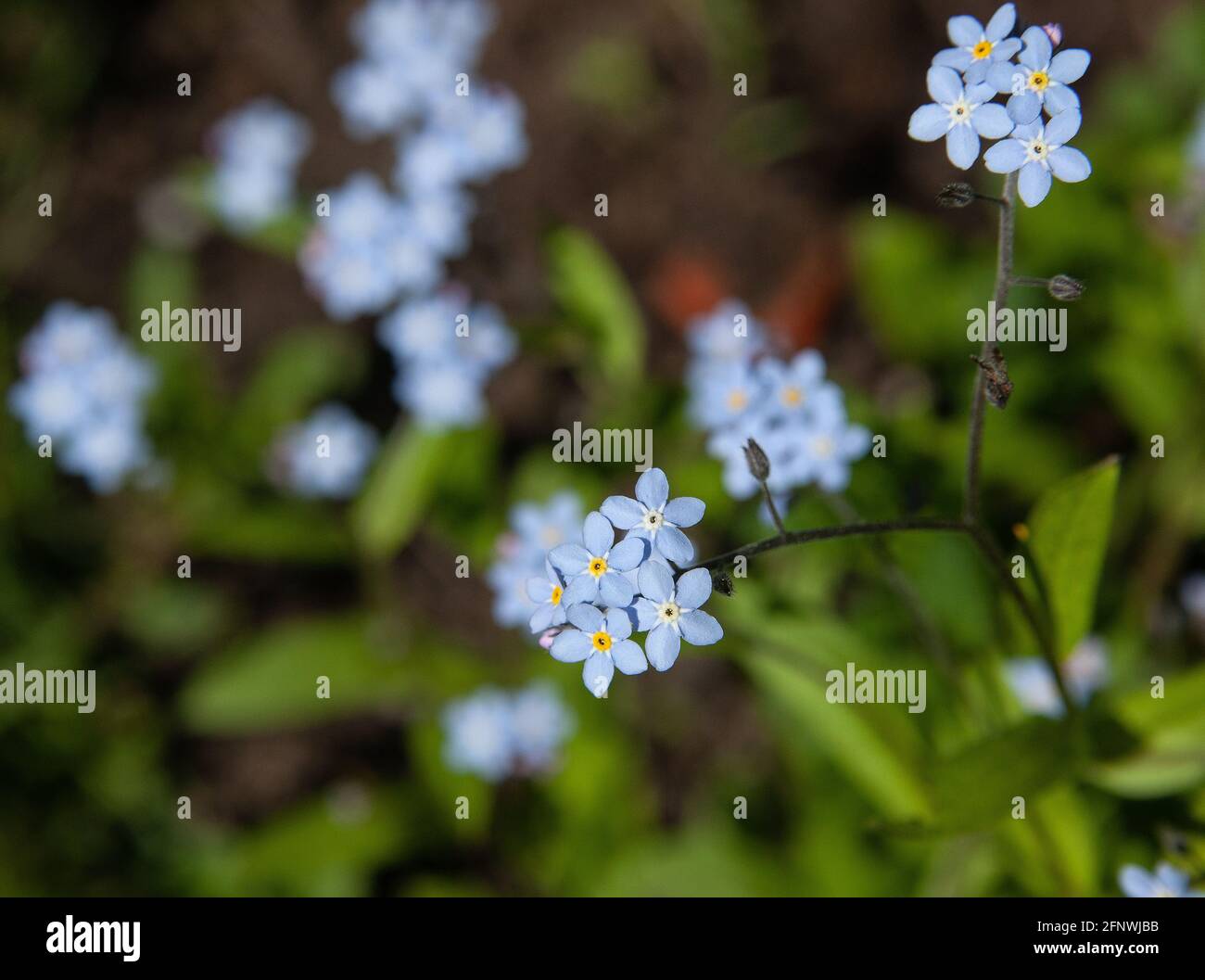



Forget Me Nots Flowers Myosotis Scorpioides Stock Photo Alamy




Myosotis Species True Forget Me Not Water Forget Me Not Myosotis Scorpioides
Of the 2–5 mm wide, taller than the, and stems, not stoloniferous (vs M scorpioides, with the of the 5–10 mm wide, shorter than the, stems angled, often stoloniferous)Myosotis scorpioides eignet sich für den Teichrand bis zu einer Wassertiefe von 10 Zentimetern oder für das Beet, wenn der Boden dort gleichmäßig feucht ist Ist er sehr durchlässig, dann kann man ihn mit Kompost oder Blumenerde anreichern Im Teich verwende ich ein mit mittelgrobem Kies gefülltes Körbchen Für die Nährstoffe sorgen darin Wasserschnecken, Libellenlarven undMyosotis scorpioides 'Maytime' Myosotis scorpioides 'Maytime' SumpfVergissmeinnicht 'Maytime' Merkmale zierendes Blattwerk;
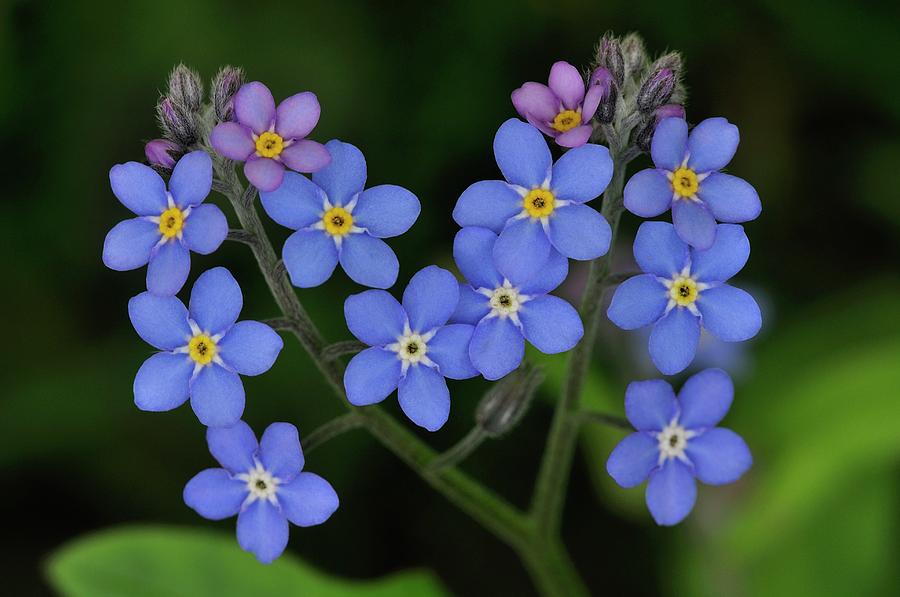



Myosotis Scorpioides Flowers Photograph By Colin Varndell




Photo Of The Entire Plant Of Water Forget Me Not Myosotis Scorpioides Posted By Duane456 Garden Org
Einzigartig bedruckte Myosotis Scorpioides Stoffmasken Von Künstlern designt und verkauft Wiederverwendbare MundNasenBedeckungen Bis zu % RabattGut geeignet für den Vasenschnitt ;Myosotis (/ ˌ m aɪ ə ˈ s oʊ t ɪ s / MYəSOHtiss) is a genus of flowering plants in the family BoraginaceaeThe name comes from the Ancient Greek μυοσωτίς "mouse's ear", which the foliage is thought to resemble In the northern hemisphere they are colloquially denominated forgetmenots or scorpion grassesThe colloquial name "forgetmenot" was calqued from the German
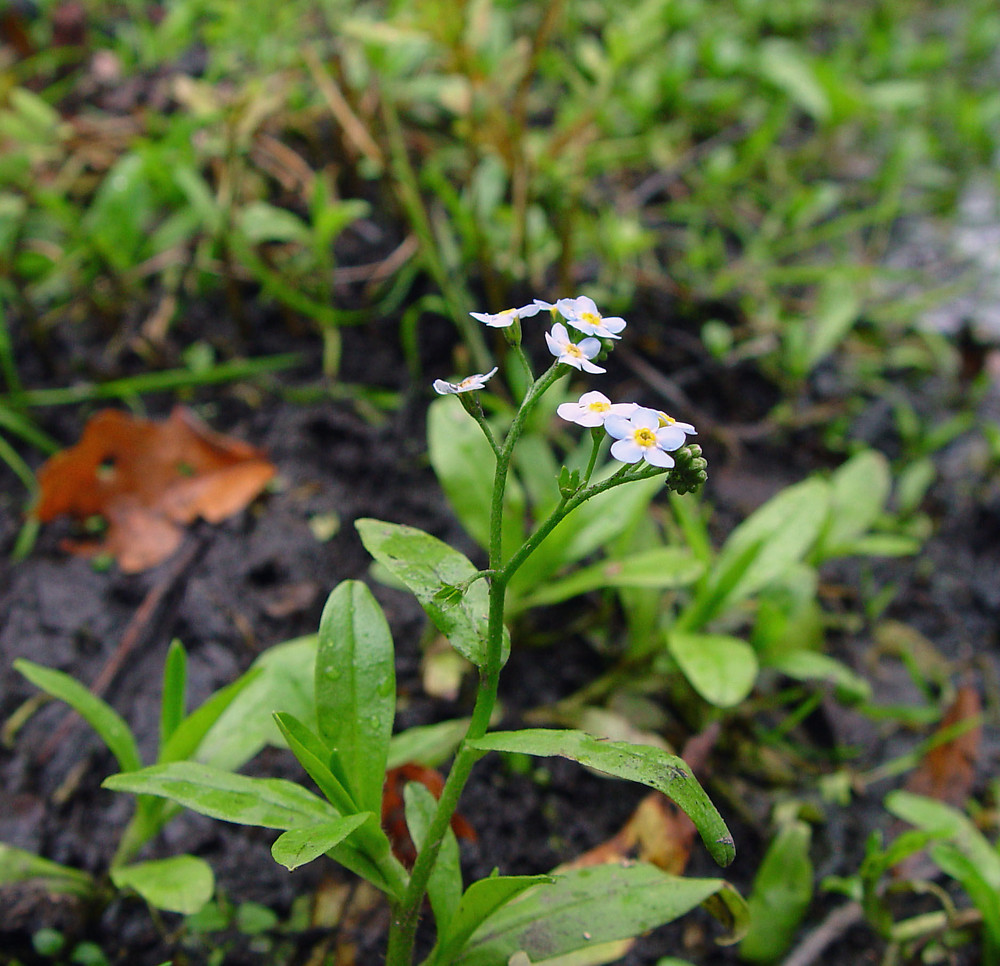



Myosotis Scorpioides Water Forget Me Not Go Botany




Forget Me Not Myosotis Sco By Chlun Mostphotos
wwwitisgov Identification This species is an erect, perennial, 4"24" tall forb, with hairy stems It is often creeping and has fibrous roots Forgetmenot has blue fivepetaled flowers with a yellow center, 1/4"3/8" wide, with petals flat at the top of the tube, calyx with flat, tight hairs, and lobes much shorter than the tube
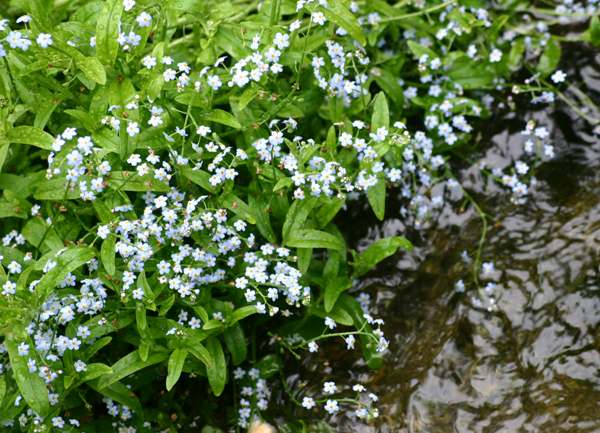



Mysotis Scorpioides Water Forget Me Not Identification Distribution Habitat




Water Forget Me Not Myosotis Palustris Myosotis Scorpioides Blooming Germany Stock Photo Picture And Rights Managed Image Pic Bwi Bs Agefotostock



Q Tbn And9gcq8gizvsq4nog4dfftal5g4z8udg2avyhw70x L8nl9sb0if4z0 Usqp Cau
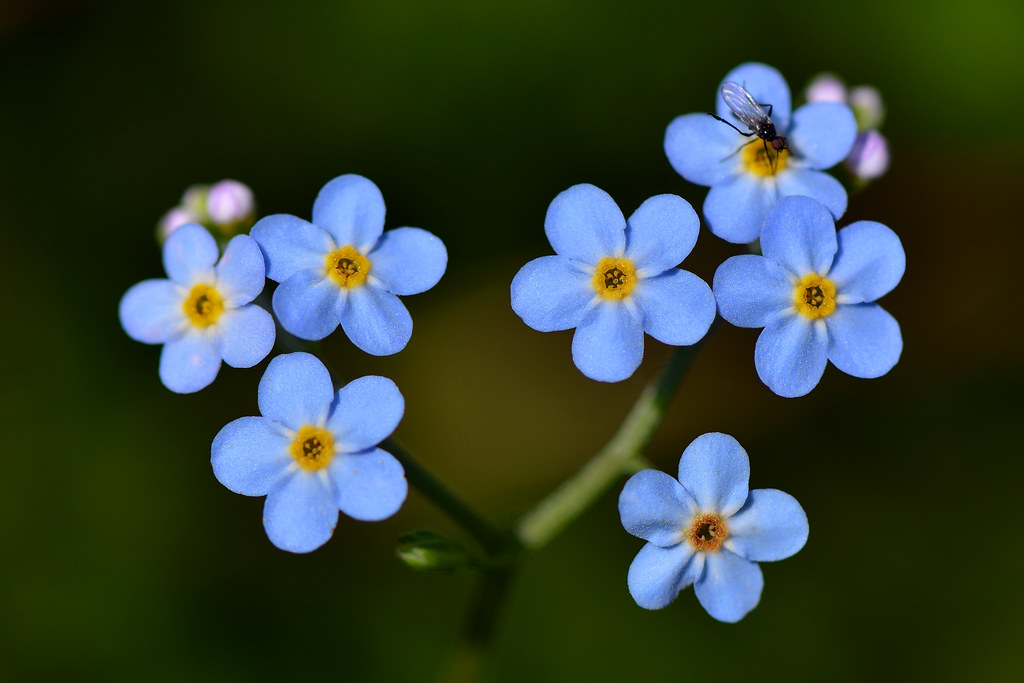



Water Forget Me Not Myosotis Scorpioides So Blue Thomas Roland Flickr
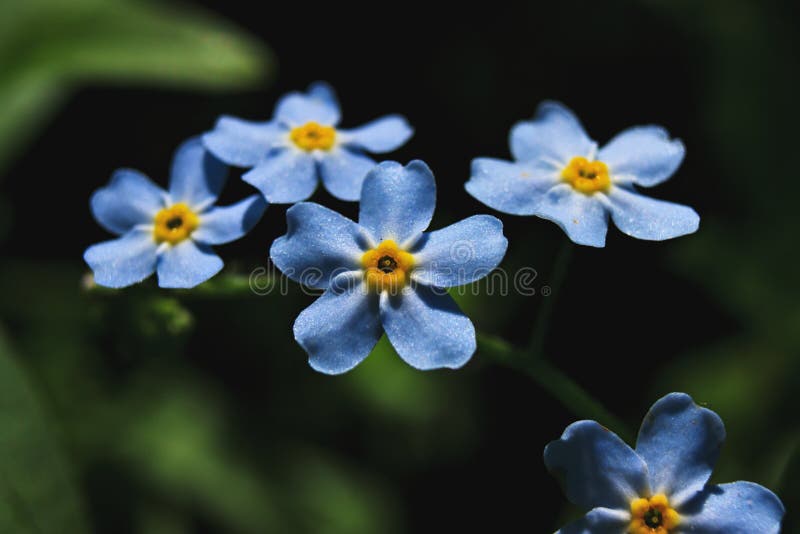



304 Myosotis Scorpioides Photos Free Royalty Free Stock Photos From Dreamstime




Aquatic Forget Me Nots Myosotis Scorpiodes Waterlily World A Pondmegastore Company




Myosotis Scorpioide Myosotis Scorpioides L Flower Database




Forget Me Not Myosotis Scorpioides Botanical Art By Artloversonline




Myosotis Scorpioides Amazing Flowers Love Flowers Flower Aesthetic




Myosotis Scorpioides National Botanic Garden Of Wales
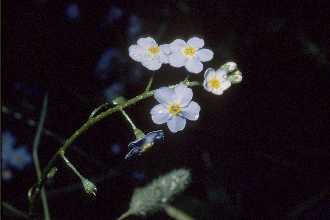



Species Profile Myosotis Scorpioides



1




Aquatic Pink For Get Me Nots Myosotis Scorpioides Pond Plants Online



Everblooming Forget Me Not Myosotis Scorpioides Semperflorens In Columbus Dublin Delaware Grove City Gahanna Bexley Ohio Oh At Oakland Nurseries Inc




Myosotis Scorpioides Water Forget Me Not




Aquatic Forget Me Not Myosotis Scorpioides Favorite Pond Megastore Wholesale Waterlilies Dept




Myosotis Scorpioides Flowers Plants Shop 99roots Com
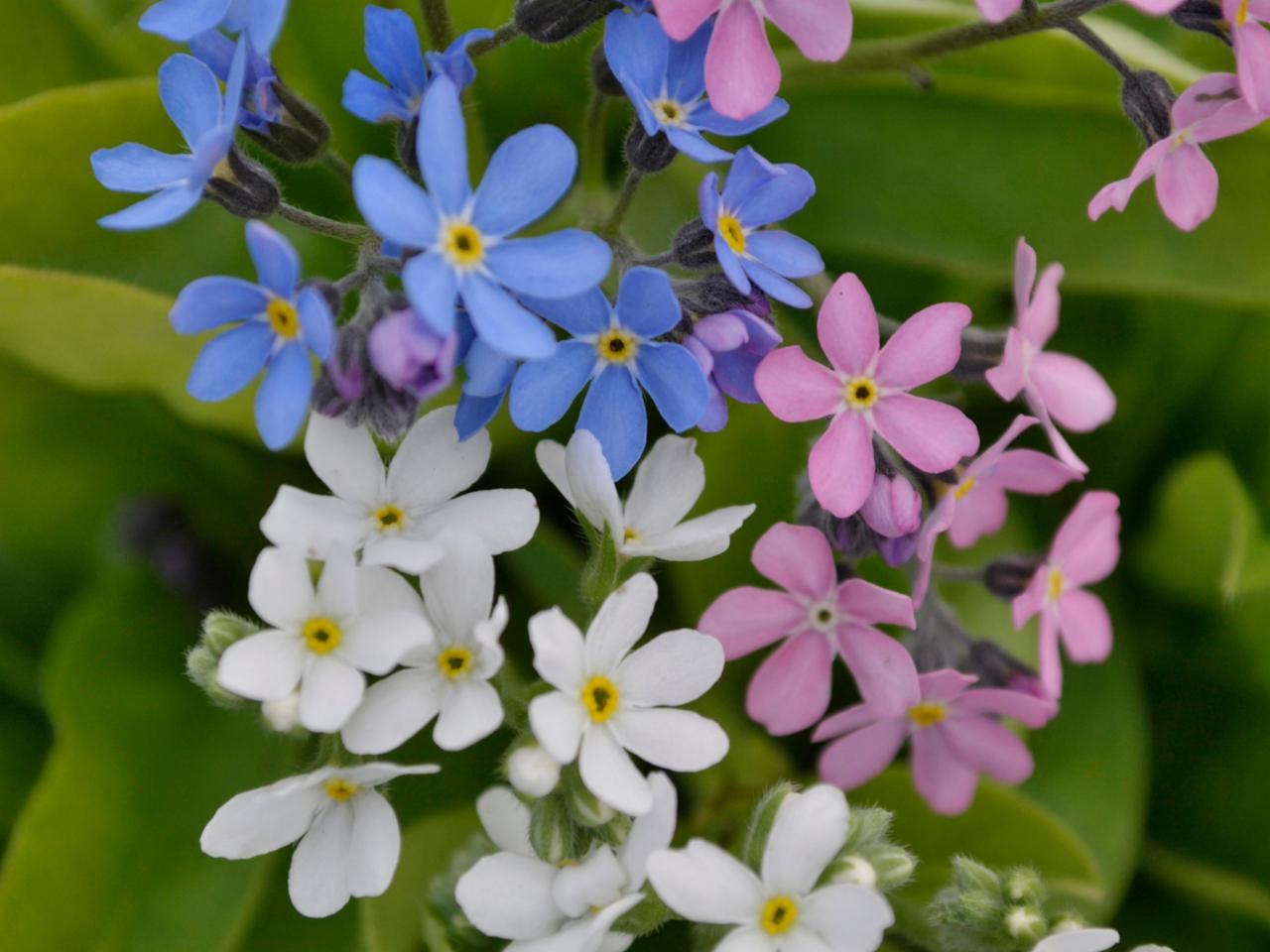



How To Plant And Grow Forget Me Not Flowers Hgtv




62 Myosotis Scorpioides Photos And Premium High Res Pictures Getty Images




Forget Me Not Myosotis Scorpioides Stock Photo Edit Now
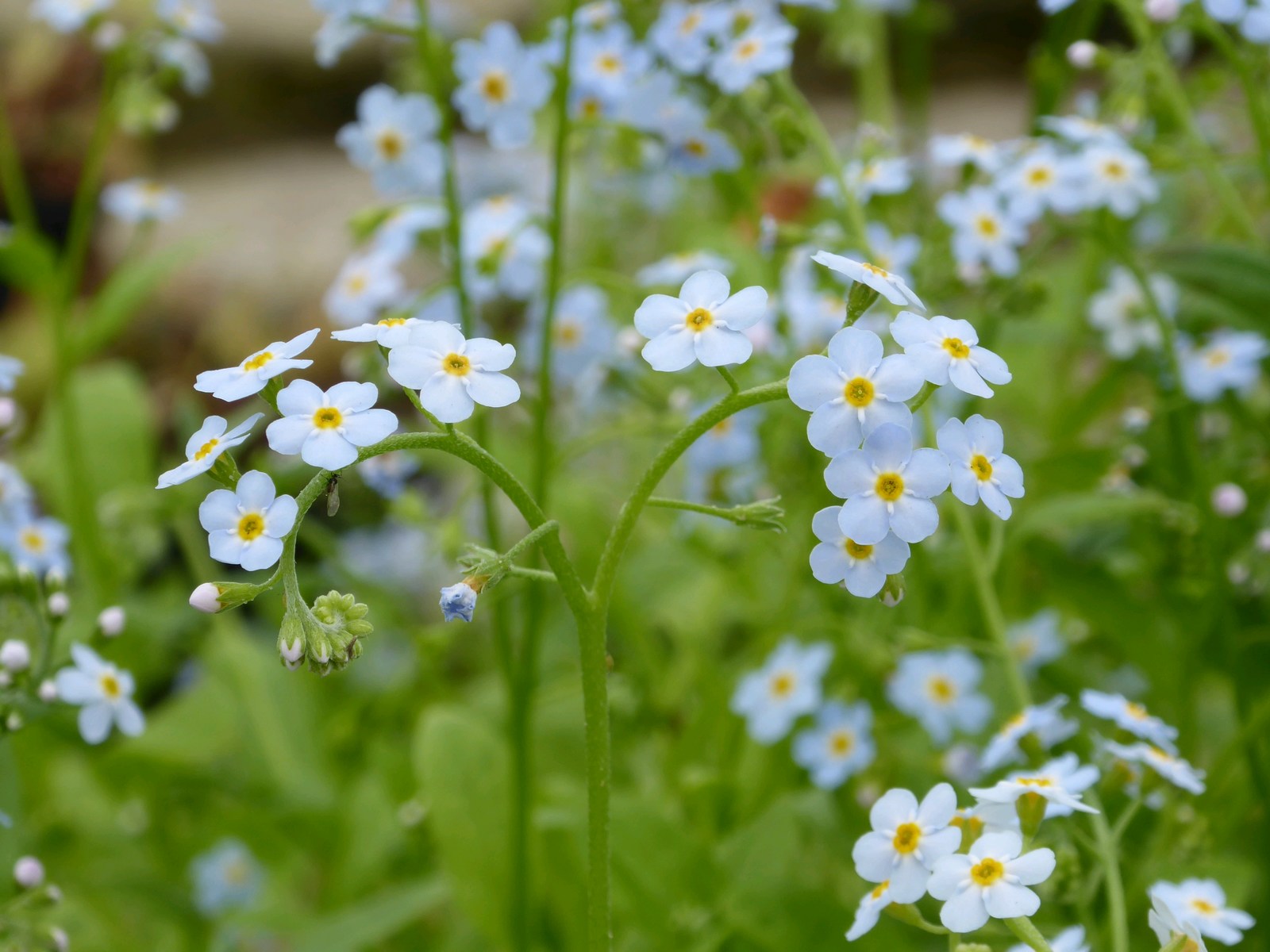



Myosotis Scorpioides Water Forget Me Not Myosotis Palustris Artisan Aquatics




Forget Me Not Myosotis Scorpioides Or Myosotis Palustris 01a Wild Flowers Of Sleepy Hollow Lake




Forget Me Not And Dandelion Myosotis Scorpioides License Download Or Print For 00 Photos Picfair




Water Forget Me Not Myosotis Scorpioides Poster Id
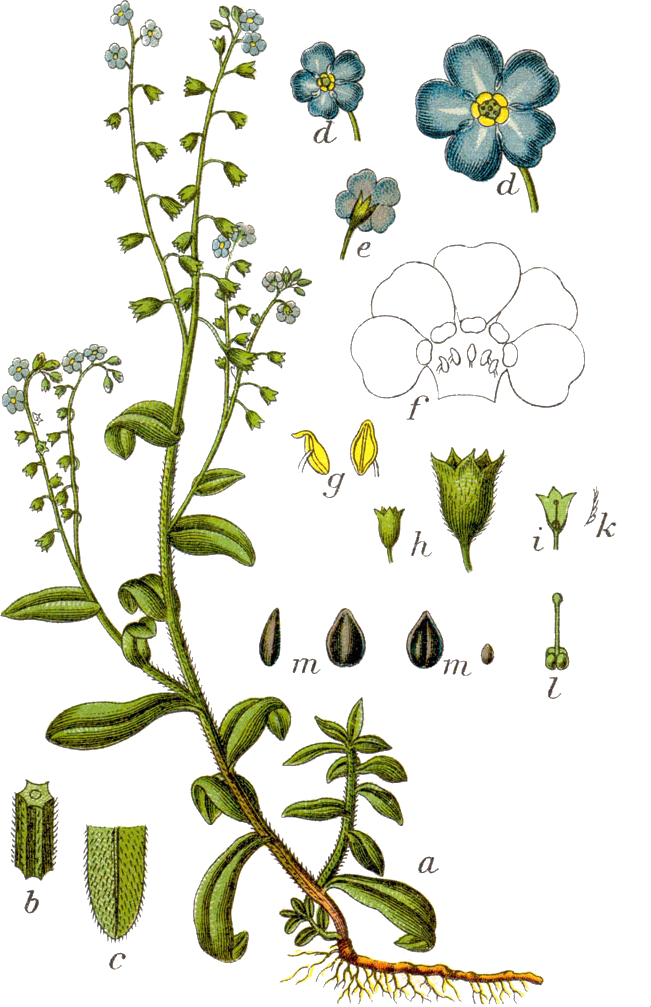



Myosotis Scorpioides Forget Me Not



Wildflower True Forget Me Not Myosotis Scorpioides Oil Creek Trail



Myosotis Scorpioides
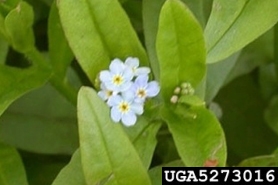



Aquatic Forget Me Not Wisconsin Dnr




Myosotis Scorpioides Which Is Also Called Forget Me Not Stock Photo Picture And Royalty Free Image Image




Myosotis Scorpioides c Gardeners World Magazine
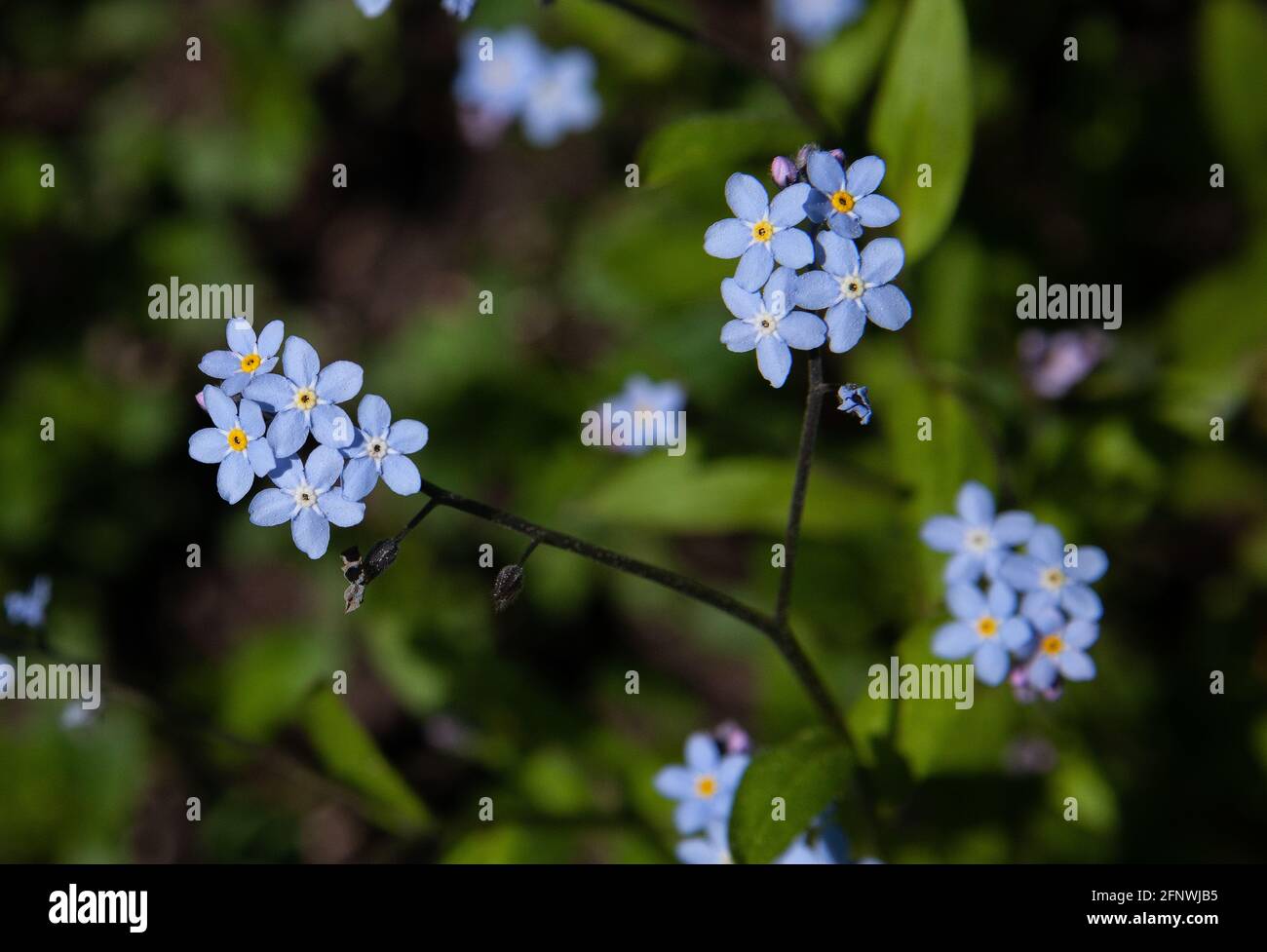



Forget Me Nots Flowers Myosotis Scorpioides Stock Photo Alamy



Medicinal Herbs Water Forget Me Not Myosotis Scorpioides
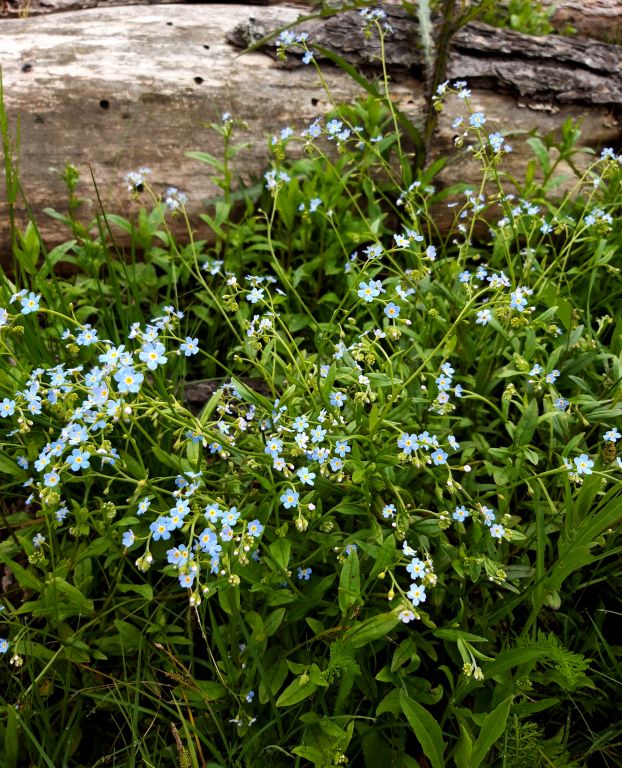



Myosotis Scorpioides




Myosotis Scorpioides Wild Field Blue Small Flowers Field Stock Photo By C
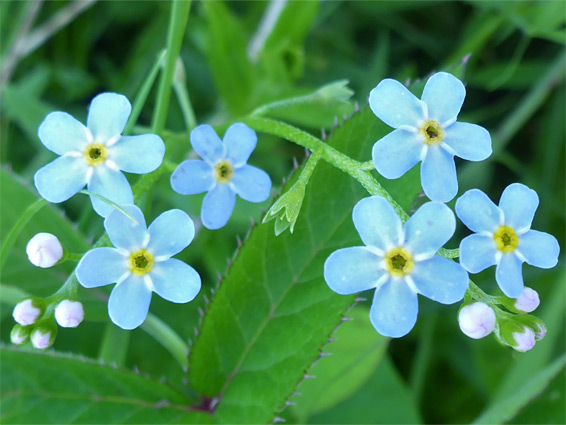



Uk Wildflowers Boraginaceae Myosotis Scorpioides Water Forget Me Not
.jpg)



Water Forget Me Not Myosotis Scorpioides Alpinestock Com




Myosotis Scorpioides Forget Me Not Water Forget Me Not North Carolina Extension Gardener Plant Toolbox




Stamp Water Forget Me Not Myosotis Scorpioides Iceland Flowers Mi Is 595 Sn Is 570 Yt Is 548 Sg Is 625 Afa Is 595
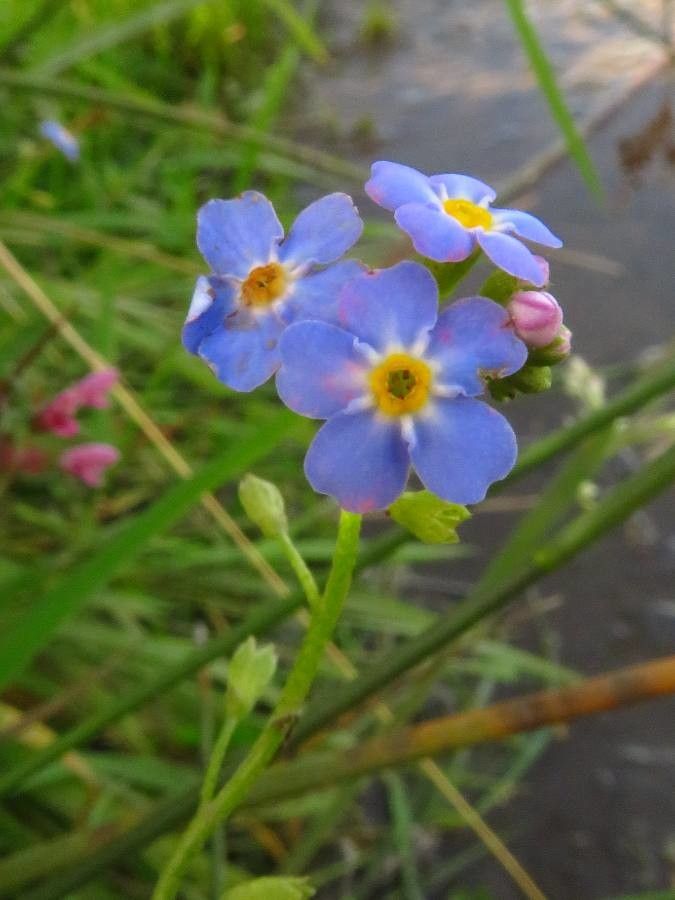



Myosotis Scorpioides L True Forget Me Not Western Europe Pl Ntnet Identify
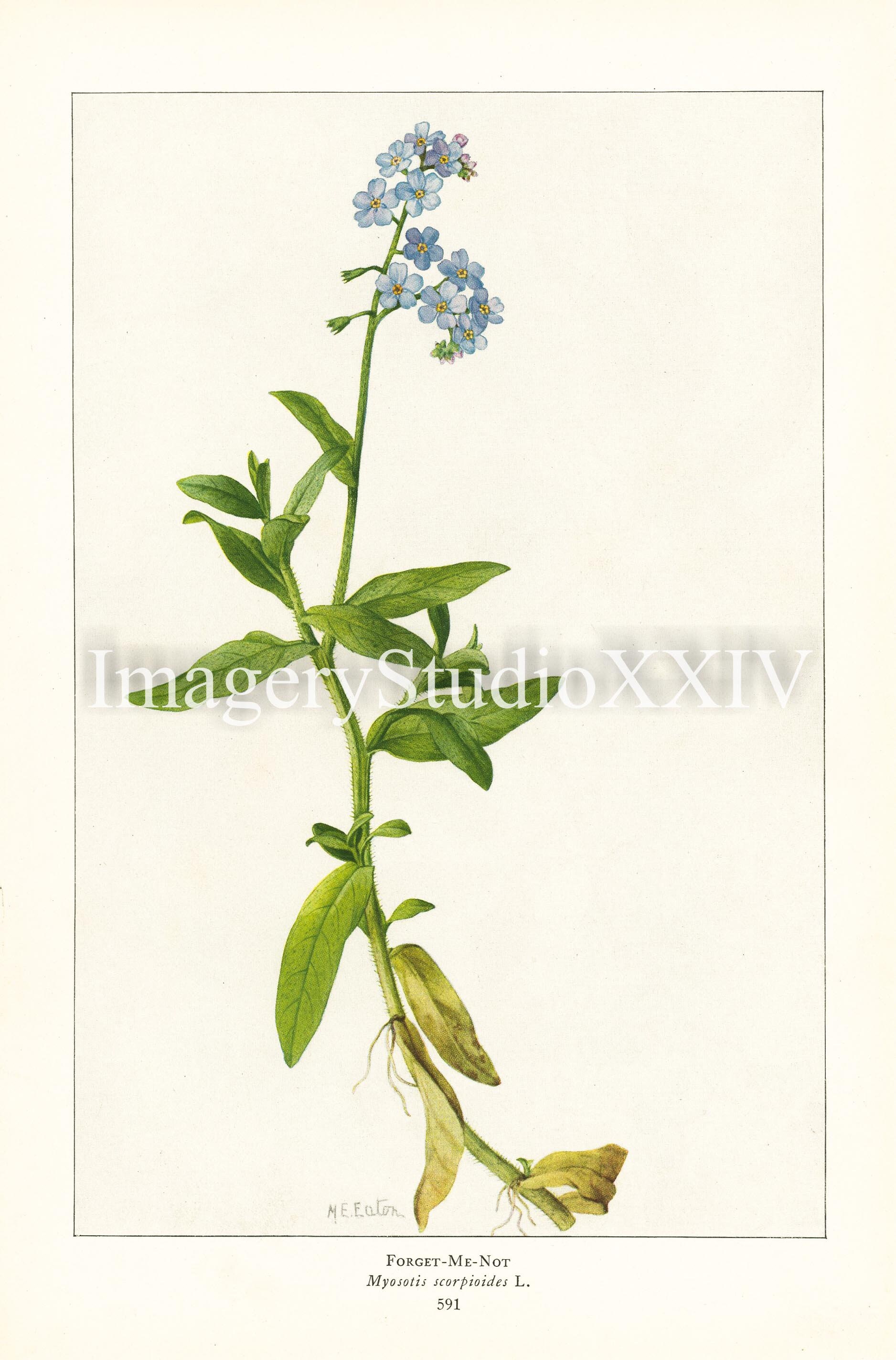



Blue Vintage Botanical Flower Forget Me Not Myosotis Etsy



Myosotis Scorpioides At San Marcos Growers



True Forget Me Not Myosotis Scorpioides Idaho Fish And Game




Myosotis Scorpioide Myosotis Scorpioides L Flower Database




Myosotis Scorpioides Water Forget Me Not True Forget Me Not Pfaf Plant Database



Myosotis Scorpioides Colorado Wildflowers




Myosotis Scorpioides Water Forget Me Not




Forget Me Nots Blue Myosotis Scorpioides Winter Hardy Shade Lovin Pond Megastore




Water Forget Me Not Myosotis Scorpioides Jungledragon




Myosotis Scorpioides Epond



Q Tbn And9gcrit3pw8emox2slfydtv7pzgtk5lsnrs Byrnbzj R6hfsxmfvi Usqp Cau




Myosotis Scorpioides Snowflakes Epond
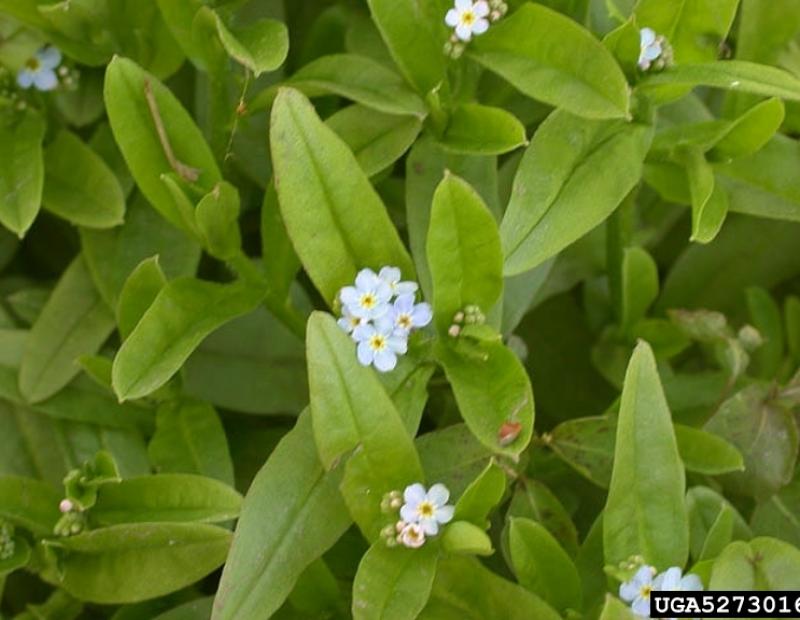



Myosotis Scorpioides Lower Hudson Partnership For Regional Invasive Species Management



Myosotis Scorpioides Page




Myosotis Scorpioides Guide How To Care For Water Forget Me Not
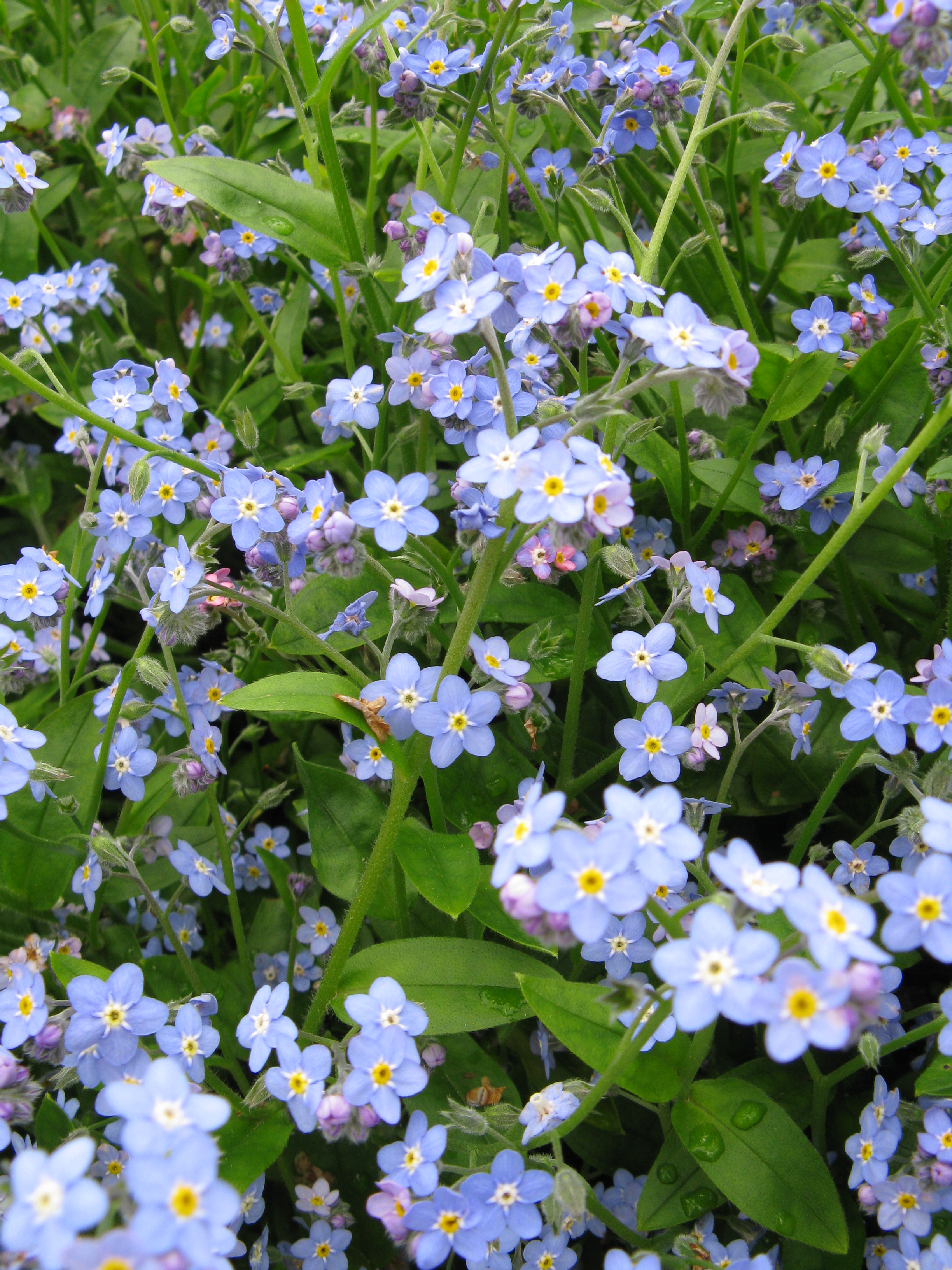



File Myosotis Scorpioides2 Jpg Wikimedia Commons



Myosotis Scorpioides Seinet Portal Network




Forget Me Nots Myosotis Scorpioides With Blue Flowers In A Dark Blue Pot Close Stock Photo Picture And Royalty Free Image Image




10 Myosotis Scorpioides Pond Plant Marginal Early Bird Discount Water Features Ponds Aquatic Plants Levittownnow Com



True Forget Me Not Myosotis Scorpioides Boraginaceae Borage
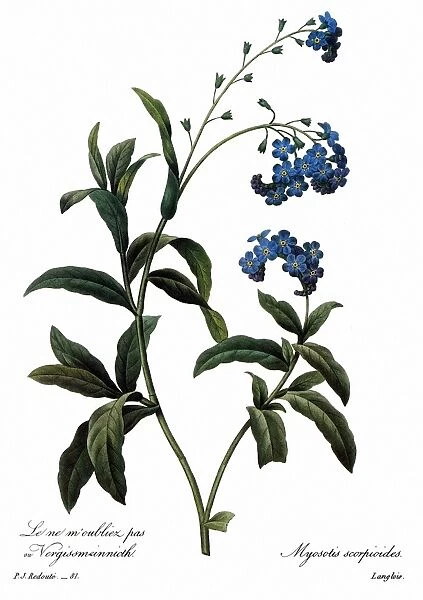



Forget Me Not Forget Me Not Myosotis Scorpioides Print




Myosotis Scorpioides




F0493 Myosotis Scorpioides X50 Seeds Forget Me Not Ebay




Native Plant Alternatives To Myosotis Scorpioides Water Forget Me Not
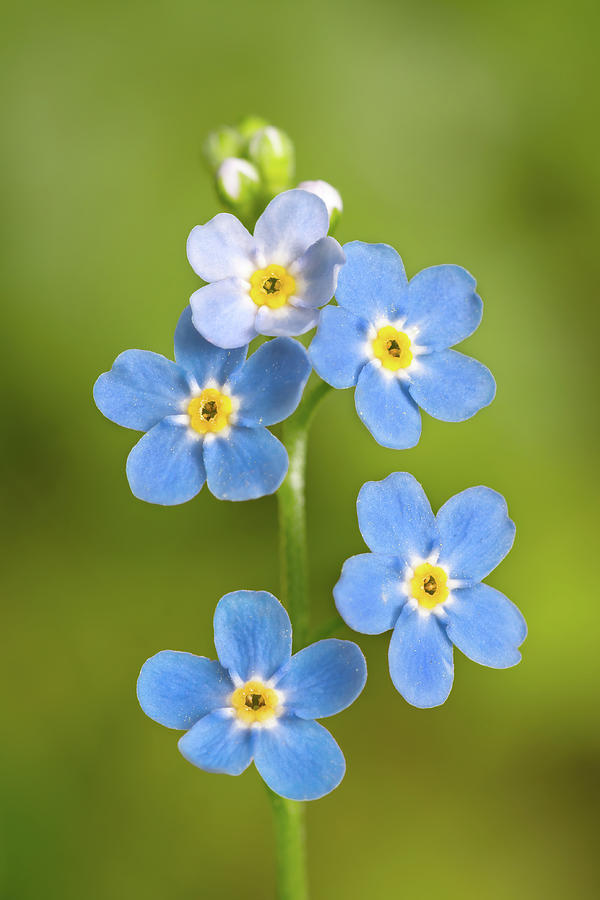



Forget Me Not Myosotis Scorpioides Photograph By Hajarimanitra Rambeloarivony




Myosotis Scorpioides Online Atlas Of The British And Irish Flora




Myosotis Scorpioides Forget Me Not Water Forget Me Not North Carolina Extension Gardener Plant Toolbox




Myosotis Scorpioides The True Forgetmenot Water Forgetmenot Stock Illustration Download Image Now Istock
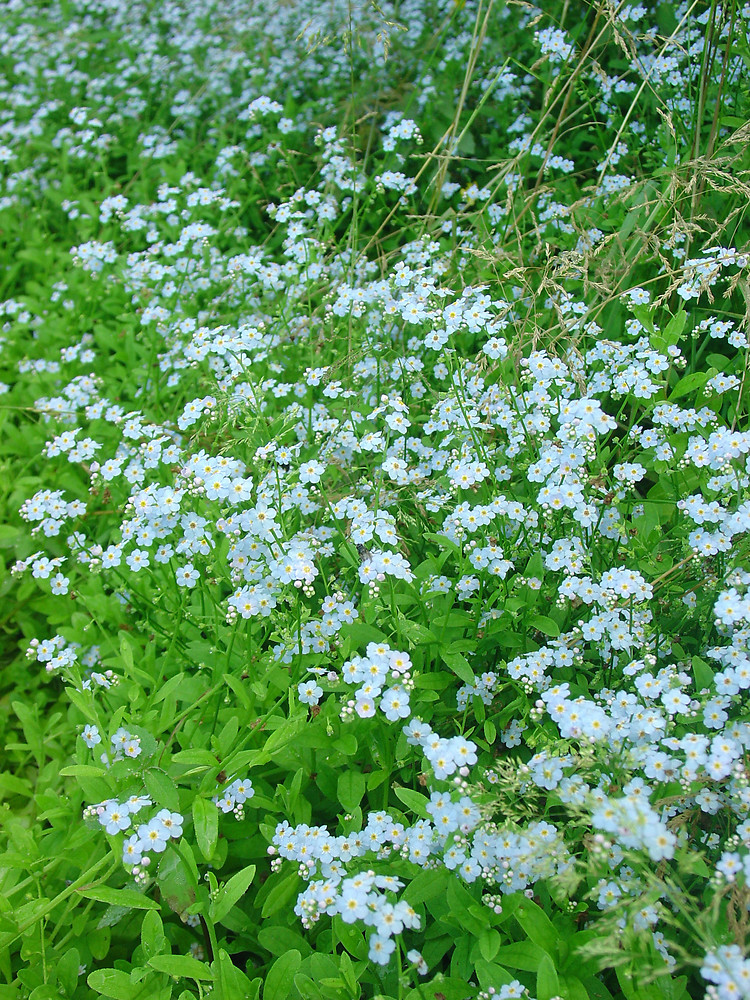



Myosotis Scorpioides Water Forget Me Not Go Botany




Blue True Forget Myosotis Scorpioides Green Background Stock Photo By C Skaldis




Water Forget Me Not Myosotis Scorpioides Canstock



Wildflower True Forget Me Not Myosotis Scorpioides Pine Creek Rail Trail




Myosotis Scorpioides Water Forget Me Not Go Botany




Water Forget Me Not Myosotis Scorpioides Wild Your Garden




Water Forgetmenot Myosotis Scorpioides Myosotis Palustris Myosotis Flower Stock Photo Download Image Now Istock




6611 Myosotis Scorpioides L Sharp Helen Water Color Sketches Of American Plants Especially New Wildflower Drawing Botanical Painting Botanical Drawings




Myosotis Scorpioides Michigan Flora


